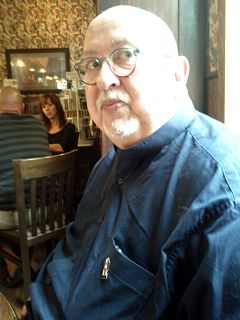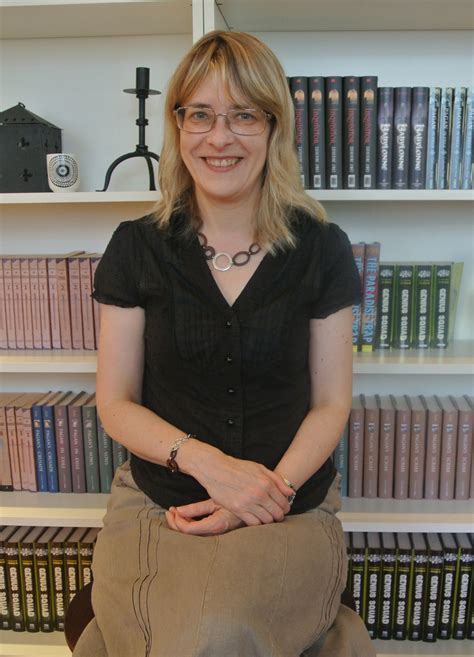A Quote by O. R. Melling
When you write for children and young adults, you have much more affect and influence on them than when you write for adults. The books that get us through our childhood stay with us for life.
Related Quotes
The StarTalks - while kids can watch them, they're actually targeted at adults. Because adults outnumber kids five to one, and adults vote, and adults wield resources, and adults are heads of agencies. So if we're going to affect policy, or affect attitudes, for me, the adults have always been the target population.
I wish that the adults who are 'in power' cared more about what their children read. Books are incredibly powerful when we are young - the books I read as a child have stayed with me my entire life - and yet, the people who write about books, for the most part, completely ignore children's literature.
The one concession I've made as I've gotten older is that my children are now adults and they're in their twenties and thirties and so I'm careful about how I write about them. I may write about them as a child, but I'm not going to write about their current struggles because they're adults and they can do it for themselves. I want to give them some space in a way I didn't when they were younger.
The young adult literature is relatively new - it just kind of exploded in the 2000s. When I grew up, there weren't bookstores with sections dedicated to teen lit, nor was my generation raised reading books written specifically for us. Because of that, today we still think of books for teens as children's books and so when you write a book that includes sensitive topics, it just seems even more controversial. What's troubling to me about that is these are issues adults know that teens deal with. Not writing about them makes them something we don't, or can't talk about.
Young people are more hopeful at a certain age than adults, but I suspect that's glandular. As for children, I keep as far from them as possible. I don't like the sight of them. The scale is all wrongs. The heads tend to be too big for the bodies, and the hands and feet are a disaster. They keep falling into things. The nakedness of their bad character! We adults have learned how to disguise our terrible character, but children, well, they are like grotesque drawings of us. They should be neither seen nor heard, and no one must make another one.
Children make better readers than adults. They read as carefully as I write; adults read as a means of getting off to sleep. I get letters saying 'I have read your book seventeen times.' If you're an adult novelist and you get that letter, you should be afraid. You're being stalked. Kids always read them seventeen times!
Of course all children's literature is not fantastic, so all fantastic books need not be children's books. It is still possible, even in an age so ferociously anti-romantic as our own, to write fantastic stories for adults: though you will usually need to have made a name in some more fashionable kind of literature before anyone will publish them.



































